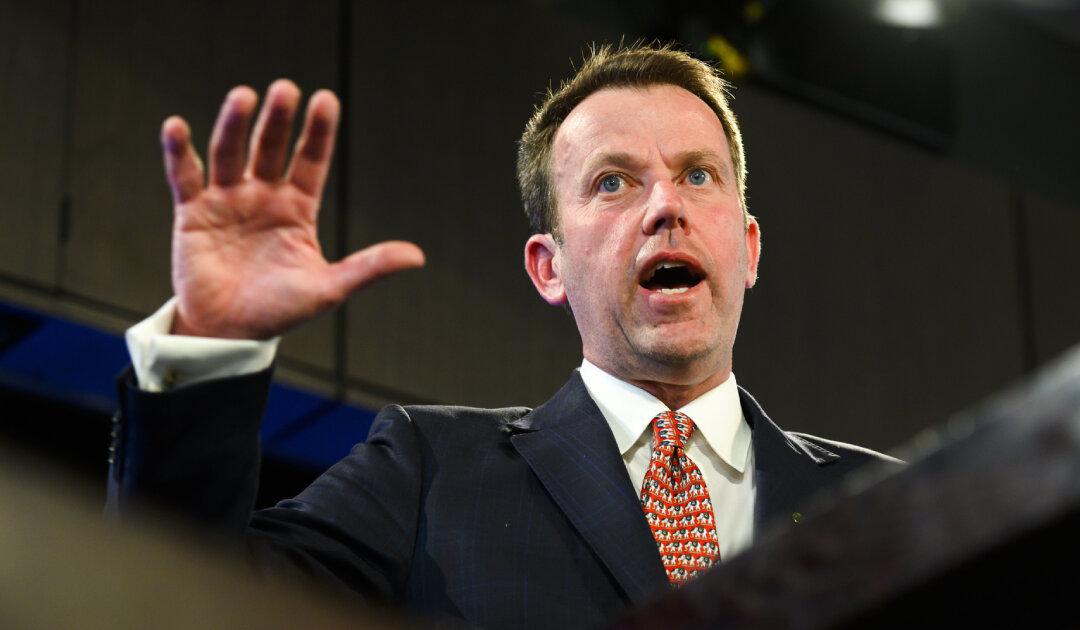Federal Education Minister Dan Tehan has announced the Australian government will undertake a substantial reshaping of the university sector to make young graduates ready for the future economic environment after the CCP virus pandemic.
Acknowledging that Australia is facing the most significant economic shock since the Great Depression, Tehan noted the federal government wants students set up for job success.




